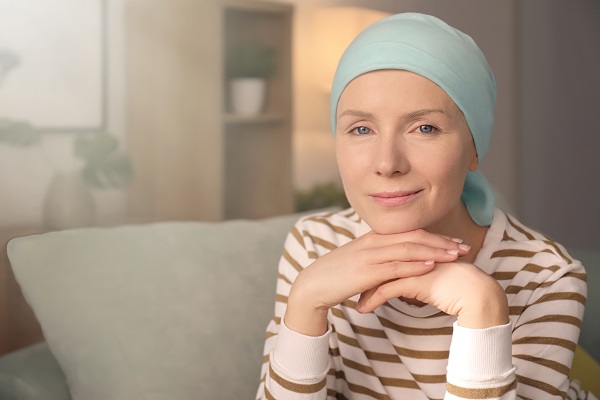Making the Most of Your First Oncology Appointment

If you have been recently diagnosed with cancer, you might find yourself wondering what to expect during your first oncology appointment. You probably have many questions about your condition, what your treatment options are and what the future looks likes.
Depending on the type of cancer you are dealing with, your first oncology appointment might be with a doctor who specializes in radiation, medical or surgical treatments for cancer. The oncologist's role is to help you to understand your diagnosis and your treatment options so that you can make an educated decision about your treatment.
What to expect during your first oncology appointment
During a patient's first visit with an oncologist, the doctor will ask questions about their medical history and any symptoms they are currently experiencing. The oncologist might also order up additional tests or refer the patient to a specialist.
Patients should take all medical reports related to their condition to their appointment. This includes pathology slides, MRIs, x-rays or CT scans. Patients should also bring any medications they are currently taking, including dietary supplements. Even essential nutrients like vitamin D or calcium can have negative interactions with some cancer treatments.
Patients should be prepared to take notes during their appointment and they can bring someone along for moral support as well as to have another set of ears listening and asking questions. The most important thing patients can do during their first oncology appointment is to listen closely to what is being said. Many of the questions they have will be answered as the oncologist educates the patient and that leads to other questions.
Here are some important topics patients should plan to discuss with their oncologist during their first appointment:
- What is the diagnosis and do I need to start therapy immediately?
- What are the best treatment options, what do they entail and how long will they last?
- What does the oncologist recommend? Why?
- What are the potential side effects and risks of each treatment?
- What is the prognosis?
- Are there clinical trials that can help?
- How will treatment impact my routine?
- Will treatment affect my ability to have children?
- What if new symptoms develop during treatment?
- Are there resources to help me cope with my diagnosis and treatment?
- Who do I reach out to if I have more questions?
After the doctor goes over the patient's condition and their treatment options, they will also predict how likely the patient is to recover. The type of cancer the patient is dealing with and how far it has progressed are two of the main factors used to make this prognosis. How well the patient responds to treatment can also be factored in.
If the patient is not happy with the prognosis, the oncologist might recommend a new type of treatment.
Have you recently been diagnosed with cancer?
Call or visit our Marlton clinic to learn more about how our oncologist can help you to deal with your cancer diagnosis and provide the treatments you need.
Get more information here: https://lindenbergcancer.com or call Lindenberg Cancer & Hematology Center at (856) 475-0876
Check out what others are saying about our services on Yelp: Oncology in Marlton, NJ.
Recent Posts
A surgical oncologist helps diagnose and treat cancer using advanced procedures and often works closely with medical and radiation teams to coordinate care. Many patients hear the term after an abnormal scan, biopsy, or referral, and want a clear explanation of what this specialist does. Understanding how this specialty fits into cancer care can make…
Getting diagnosed with ovarian cancer is overwhelming to say the least, and many patients leave the doctor’s office thinking of questions they wish they had asked. Fortunately, you can bring these questions to your next appointment with the oncologist. Patients are encouraged to ask any questions they have to better understand their diagnosis, explore treatment…
Leukemia treatment aggressively targets cancer cells, but healthy cells can also be affected, leading to side effects. An oncology team can prevent problems early and ease symptoms fast. Clear expectations and communication help patients stay safer and more comfortable during care. Many side effects remain manageable when patients report their symptoms early, and supportive care…
Hematologic disease treatment often begins long before a formal diagnosis, because the earliest warning signs appear in everyday life. Fatigue, easy bruising, or frequent infections may not seem serious at first, yet they sometimes indicate that the blood, bone marrow, or lymphatic system needs attention. Understanding which symptoms matter, how long they last, and when…


